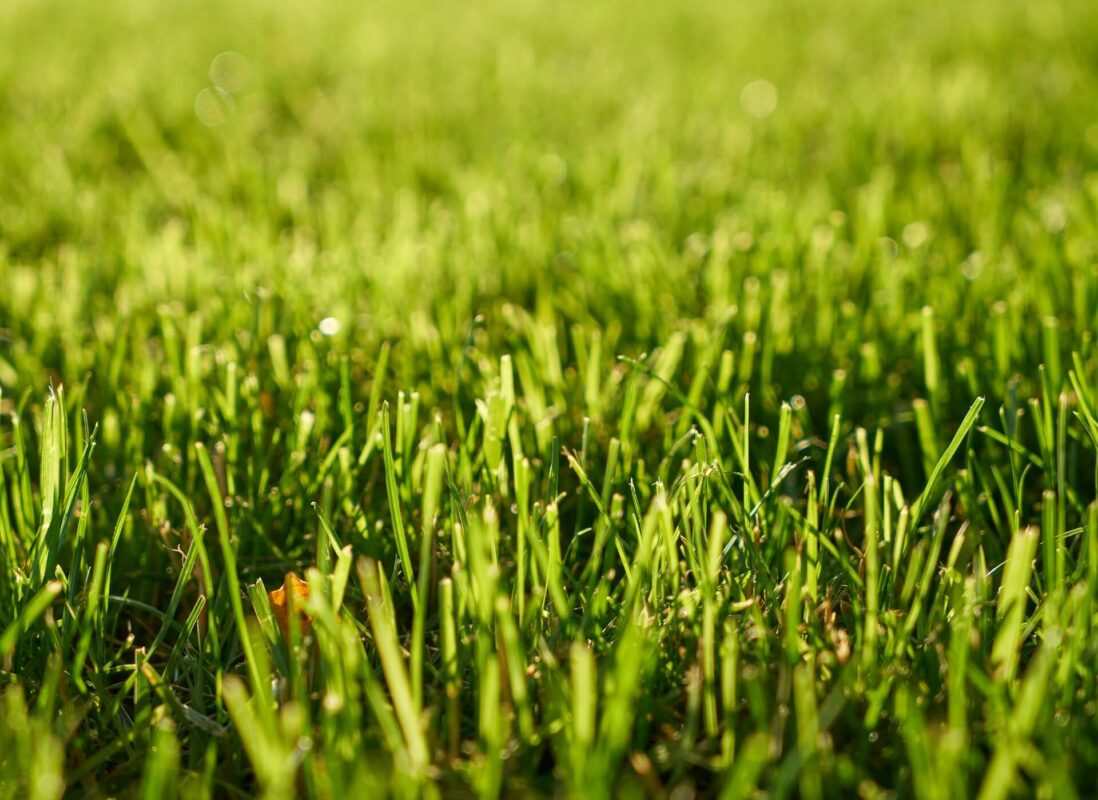It Makes Perfect Scents: How to Grow a Fragrant Garden

It’s amazing the power that smell has in our lives. One whiff of something familiar can instantly flood the brain with childhood experiences, places visited, relationships and a myriad of other memories. Scientists have long documented the connection between smells and long-term memory in the brain. Our sense of smell, a product of our olfactory system, is closely associated with the parts of the brain associated with emotion and memory. To this day whenever I smell lilacs in bloom I recall the memory of my grandmother’s backyard and the good times had there. Smells can have an especially powerful effect in the landscape. Fragrant plants can sooth, calm and relax us while attracting beneficial pollinators to the garden. They can also begin associations and memories that will be recalled for years by family and friends, just like my grandmother’s lilac trees.
Plant Selection
When planting a fragrant garden be sure to select a wide range of plants that will provide year-round scent. Some plants produce fragrant blooms only in the spring, some in the summer and others in the fall. Make sure you always have something in flower during every season. Also remember that fragrance can be found in the leaves and stems of plants, not just their blooming flowers. A wide-range of plants will provide interesting blends of fragrance the same way perfume makers use different smells to come up with new perfumes. Contrasting smells, such as the sweet honey-like scent of white alyssum and the spicy fragrance of lavender, can produce interesting and unique sensations for your nose.
Location is Crucial

It’s important to spend some time in the design process prior to planting your fragrant garden. When considering establishing a garden that will be devoted to smell, plant placement is crucial. Fragrant gardens should be planted close to the house to achieve full effect. A choice location for a fragrant garden could be next to the front porch, outside a window or beside a patio. These areas allow the smells to be enjoyed where people are present. It’s just common sense that a fragrant garden will do no good on the edge of a landscape were nobody will be able to smell it. You can also intensify the smells of a fragrant garden by placing it in a location where it receives more heat, such as along a wall or enclosed in a courtyard.
Attract Beneficial Pollinators
Also keep in mind that fragrant gardens will attract pollinators such as bees, butterflies and other insects. This is the main purpose of highly scented plants after all. In most situations this is a benefit, but for folks who are allergic to bees and other insect stings this could present a potential problem. In this case it would be best to avoid fragrant plants or perhaps place the fragrant garden away from the house. A fragrant garden growing along a sidewalk would provide pedestrians with a pleasant aroma as they stroll past your house.
Some Of Our Favorite Fragrant Plants

There are hundreds of fragrant plants that would work great in a fragrant garden. Some of our favorites here at Nature’s Finest Seed include white alyssum, lemon mint, showy evening primrose, wallflower and Iceland poppy. Look for these wildflowers in our wildflower seed mixes. Looking for a fragrant groundcover or lawn alternative? Our White Dutch Clover Seed Blend will provide your yard with a thick, lush carpet of honey-scented clover blossoms. Not only is clover a treat for your sense of smell, but your sense of touch will also love the cool, soft feel of walking barefoot through a yard of clover.
